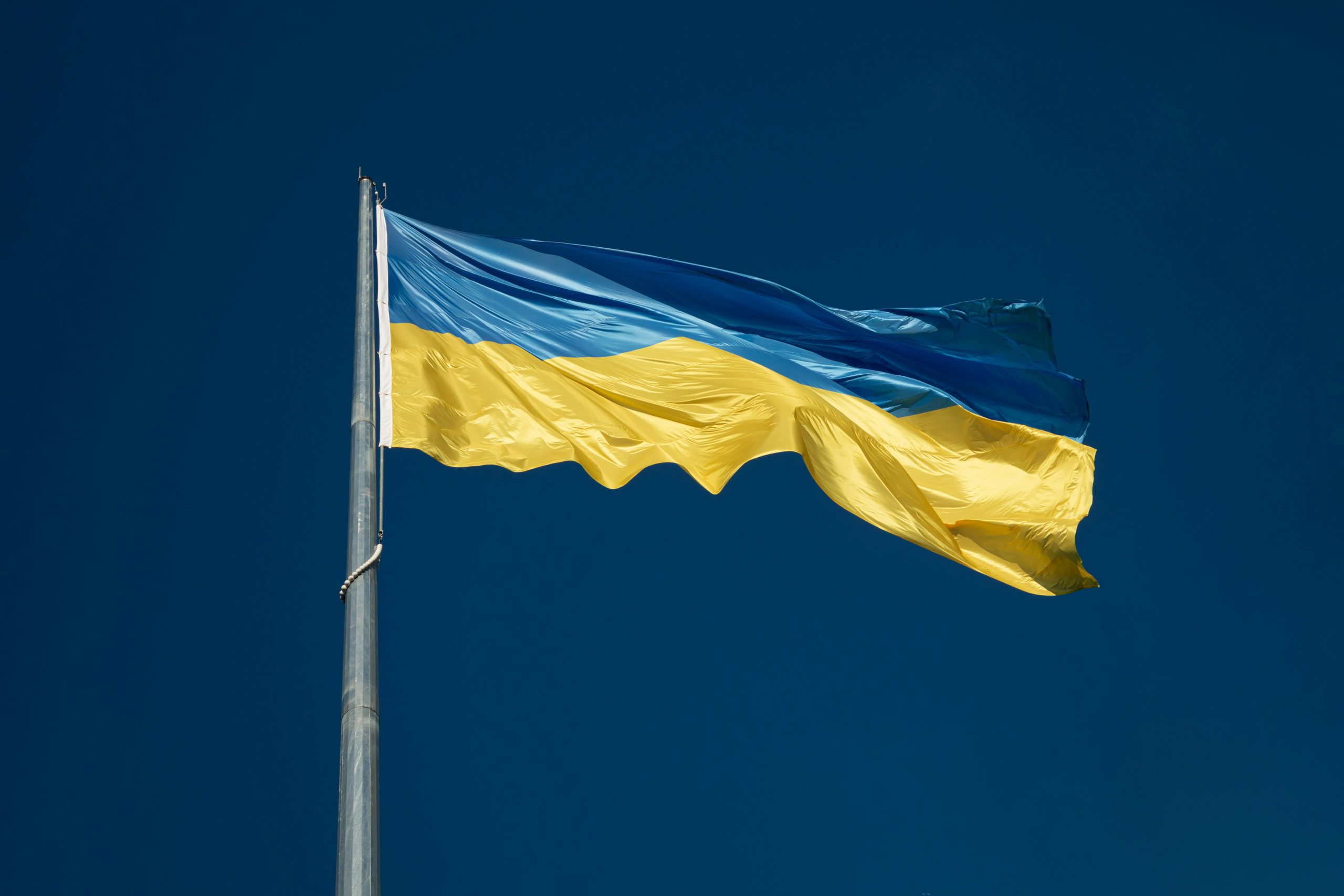
Shira Crespi reports on the first round of Ukraine war peace talks, with officials from the US and Russia in attendance
The first round of peace talks regarding ending the Ukraine War has ended. Attended by officials from Russia and the US, the talks culminated in Russia’s explicit stance on European involvement in these negotiations.
Senior officials from the US and Russia convened in Riyadh, Saudi Arabia to discuss potential resolutions to the ongoing Ukraine War. The U.S. delegation, led by Secretary of State Marco Rubio and National Security Adviser Mike Waltz, engaged with Russian Foreign Minister Sergei Lavrov and presidential aide Yuri Ushakov. The discussions, which poignantly excluded both Ukrainian and European representatives, aimed to address critical issues such as territorial disputes and security guarantees. Rubio emphasised that the talks mark the first step of a “long and difficult journey but an important one”, and that their goal is to create an agreement “acceptable to everyone in it… that obviously includes Ukraine, but also our partners in Europe, and, of course, the Russian side as well”, but that concessions must be made to achieve this.
The exclusion of Ukraine and European nations from these talks had raised significant concern. Ukrainian President Volodymyr Zelenskyy has stated that he recognises negotiations without Ukraine’s direct involvement as having no result, continuing that “we [Ukraine] cannot recognise… any agreements about us without us.”
European leaders, convening at an emergency summit in Paris, have echoed this sentiment, stressing the importance of a unified approach respecting Ukraine’s sovereignty. French President Emmanuel Macron and European Commission President Ursula von der Leyen have highlighted the necessity of European participation in the peace process to ensure a lasting and equitable resolution.
“We [Ukraine] cannot recognise… any agreements about us without us
Russia has explicitly stated its opposition to European involvement in the peace negotiations. Russian UN Ambassador Vasily Nebenzya criticised the European Union and the United Kingdom, describing them as “absolutely unfaithful” and “aggressive” toward Russia. He asserted that European countries are “incapable” of reaching any agreement with Russia, suggesting a strategic effort by the Kremlin to drive a wedge between the US and Europe. This stance underscores Russia’s intent to limit the negotiation framework to itself and the US, excluding other stakeholders.
President Trump has previously criticised Ukrainian President Volodymyr Zelenskyy, labelling him a “dictator” and accusing him of misusing U.S. financial aid. Trump’s remarks have sparked controversy, especially as he criticised Zelenskyy for not holding elections during the ongoing war. In response to this, Kier Starmer and German Chancellor Olaf Scholz have defended Zelenskyy’s democratic legitimacy and the suspension of elections during wartime. Starmer has emphasised the need for international cooperation to secure Ukraine’s peace and security, with the UK and European allies pledging continued support. Whilst Trump had initiated talks with Russia, raising concerns amongst European leaders, Zelenskyy has reiterated Ukraine’s aim for a lasting peace, preventing Russian aggression and calling for strong international support.
“President Trump has previously criticised… Zelenskyy, labelling him a “dictator” and accusing him of misusing U.S. financial aid
The current trajectory of the peace talks raises concerns about the legitimacy and durability of any potential agreement reached without the inclusion of Ukraine and European nations. The absence of these key stakeholders may undermine the implementation and acceptance of any peace deal, potentially leading to further instability in the region. European leaders have expressed scepticism about the efficacy of negotiations conducted without their participation, emphasising the need for a comprehensive approach that includes all affected parties to achieve a sustainable resolution to the conflict.
Moreover, the talks have the potential to significantly impact global energy markets, especially natural gas and oil. If sanctions currently imposed on Russia are lifted, her gas and oil will flow more freely, potentially impacting supply prices and dynamics. In this scenario, logic implies that prices would fall due to increased supply, whilst analysts have argued that prices may stay steady due to production limits set by OPEC, whilst markets show rising oil futures. Before the invasion, Russia supplied 40% of Europe’s gas, and a price deal may result in increased Russian exports and lower European gas prices, greatly affecting U.S. LNG exporters. Despite this, the stability of any agreements made, and easing of sanctions remains unclear.
Read more from News:
Elon Musk’s Visa Partnership Makes X One Step Closer to Being the ‘Everything App’
Ex-Dancer Settles With Royal Ballet School Over ‘Body Shaming’
Comments